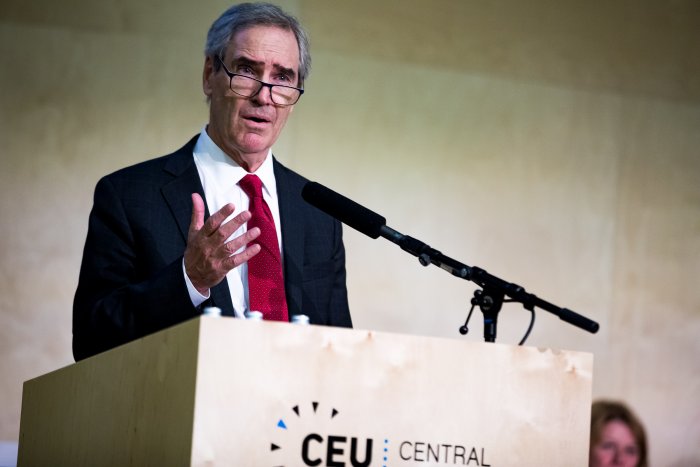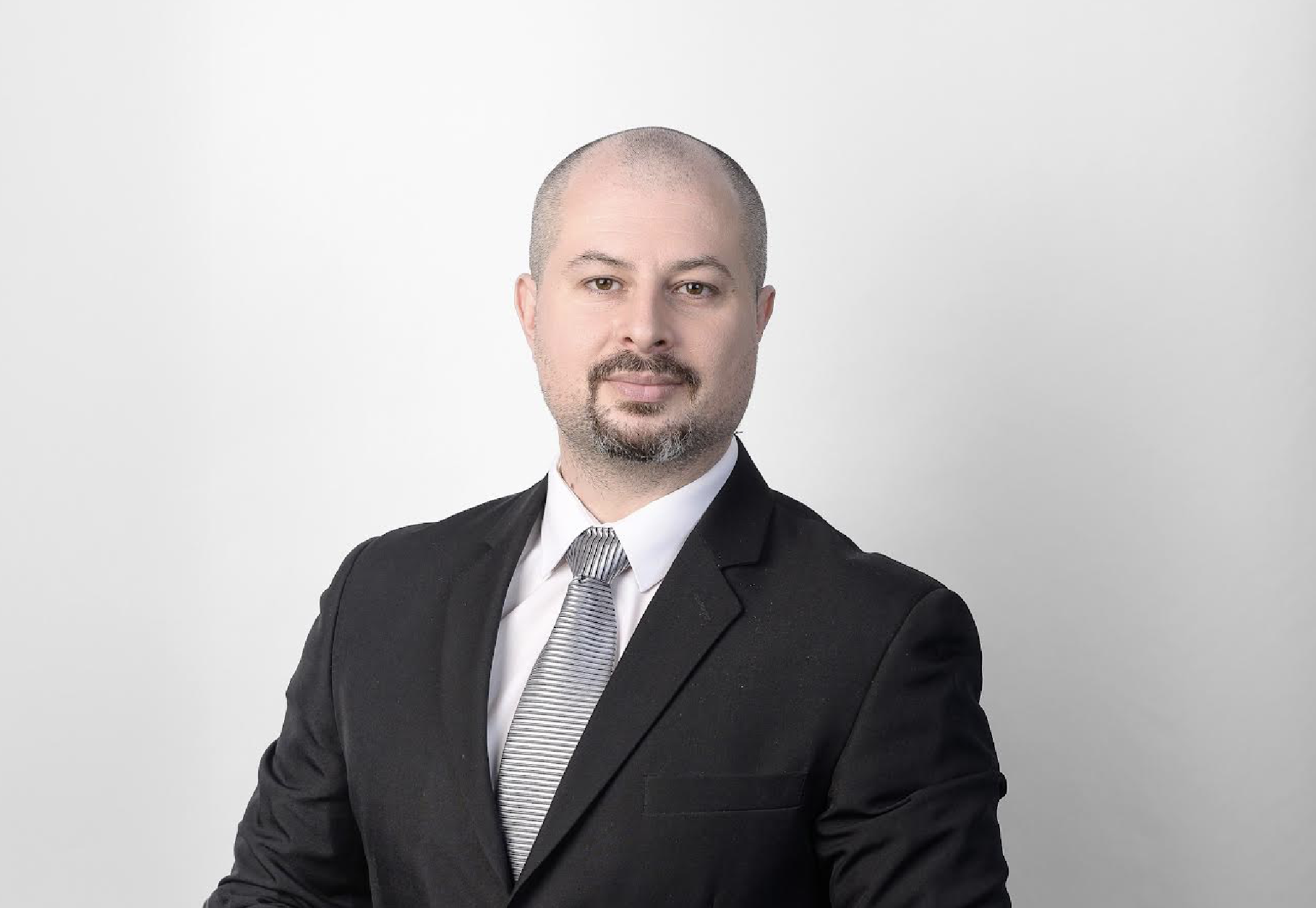CEU to shift intake to Vienna for 2019-20 academic year

CEU
The Board of Trustees of the Central European University (CEU) said Thursday that incoming students for its U.S.-accredited masterʼs and doctoral programs will study at its new Vienna campus from the academic year 2019-20. The move comes after the Hungarian governmentʼs continued refusal to sign an agreement allowing CEU to operate in freedom in Hungary.
CEU President and Rector Michael Ignatieff
The CEU Board of Trustees authorized the move as of December 1, 2018, because the Hungarian government has still not signed a draft agreement with the State of New York allowing CEU to freely operate in Hungary as a U.S. institution chartered in New York State, according to a press release sent to the Budapest Business Journal.
“We have taken all necessary actions in order to comply with Lex CEU,” said CEU President and Rector Michael Ignatieff, in reference to the controversial amendment of Hungaryʼs law on higher education, widely seen as directly targeting the operations of CEU. “We have repeatedly indicated our openness to find a solution that guarantees our institutional integrity and academic freedom. But it would be irresponsible for us not to pursue arrangements to secure CEUʼs future. Unfortunately, we have been forced into this decision by the unwillingness of the Hungarian government to offer an acceptable solution.”
The press release noted that the decision comes in the face of the Hungarian governmentʼs crackdown on academic freedom, including a government ban on gender studies programs, forced suspension of research related to migration, and punitive tax measures.
CEU said it has sought to remain in operation in Budapest, its home for more than 25 years, but the government has kept the university in what the press release describes as “legal limbo” since April 2017.
“For 18 months, we have defended our right to remain as a U.S. degree-granting institution in Budapest, but we are unable to secure the guarantees we need from the Hungarian government to preserve our academic freedom,” said Ignatieff. He nevertheless stressed that CEU remains committed to Budapest and “will continue to enhance the intellectual and cultural life of the city,” and to maintain as much research and educational activity in Budapest as possible.
A ‘warm welcome’ in Vienna
“CEU has received a warm welcome from both the City of Vienna and the Government of Austria for which we are deeply grateful,” said Leon Botstein, chair of the CEU Board of Trustees. “We look forward to offering students from more than 90 countries the opportunity to study in another great Central European capital. The move signals CEU’s return to its original vision of multiple campuses.”
Both the CEU Board of Trustees and Ignatieff recognized the recent efforts of U.S. Ambassador to Hungary David Cornstein to find a solution.
“We are grateful to Ambassador David Cornstein for his exceptional efforts to defend CEU. We also thank the U.S. Department of State and the U.S. Congress, the Office of the Governor of the State of New York, and the New York State Education Department for their best efforts,” stated the press release.
“In addition, we thank the tens of thousands of supporters from around the world, including several dozen Nobel Prize winners, the late Kofi Annan, university leadership from Oxford to Columbia to Stanford, and thousands of Hungarian academics and individuals,” said Ignatieff.
The press release concluded by saying that in 2019-20, first-year students will start in Vienna, and will receive U.S.-accredited degrees, while already enrolled students may remain in Budapest to complete their degrees. Further decisions on locations for staff and faculty will be made in consultation within the CEU community, it added.
In a statement posted later in the day on the website of the U.S. Embassy in Budapest, Ambassador Cornstein said that “CEU remains a priority for the U.S. government and has overwhelming bipartisan support in the United States,” and that he would be “working with both parties to continue the negotiations and find an acceptable resolution before December 1.”
From the part of the government, government spokesman Zoltán Kovács called the move “a political bluff of the Soros kind,” referring to billionaire investor and Hungarian government bête noire George Soros, who established and endowed CEU.
SUPPORT THE BUDAPEST BUSINESS JOURNAL
Producing journalism that is worthy of the name is a costly business. For 27 years, the publishers, editors and reporters of the Budapest Business Journal have striven to bring you business news that works, information that you can trust, that is factual, accurate and presented without fear or favor.
Newspaper organizations across the globe have struggled to find a business model that allows them to continue to excel, without compromising their ability to perform. Most recently, some have experimented with the idea of involving their most important stakeholders, their readers.
We would like to offer that same opportunity to our readers. We would like to invite you to help us deliver the quality business journalism you require. Hit our Support the BBJ button and you can choose the how much and how often you send us your contributions.












